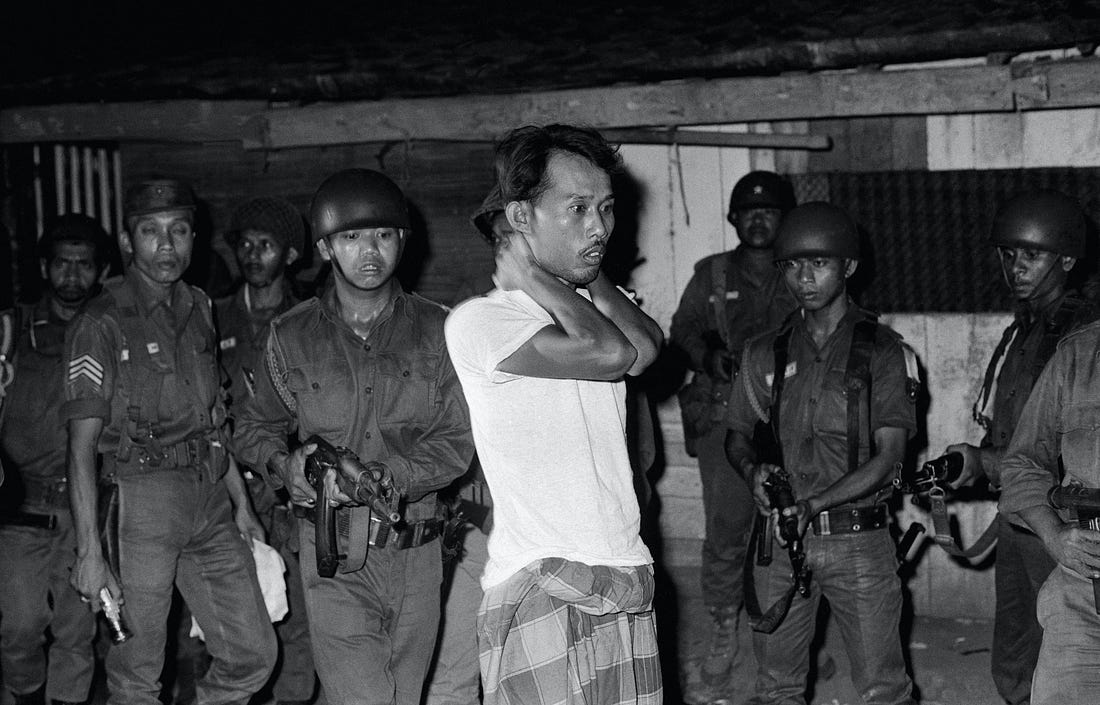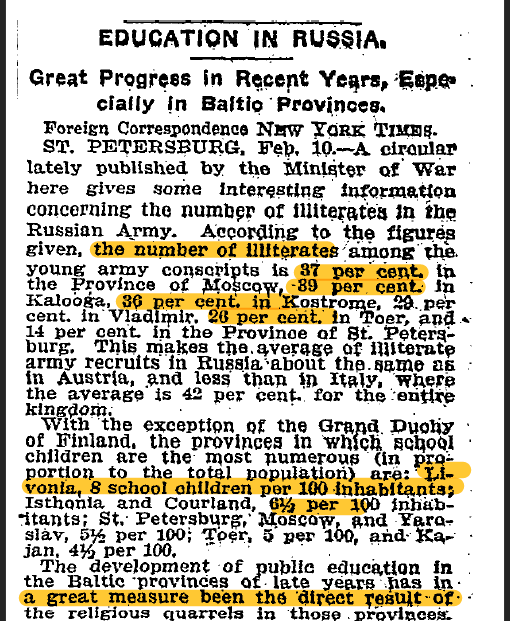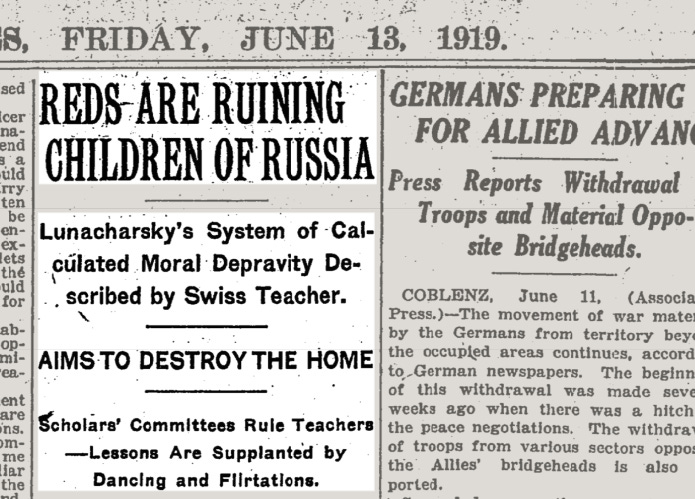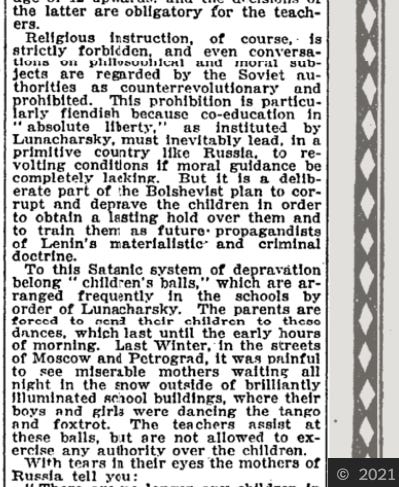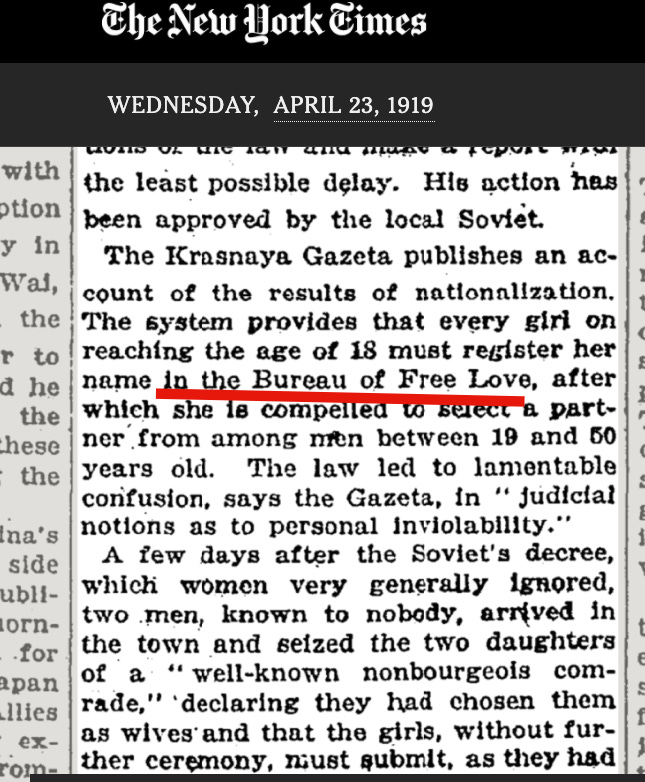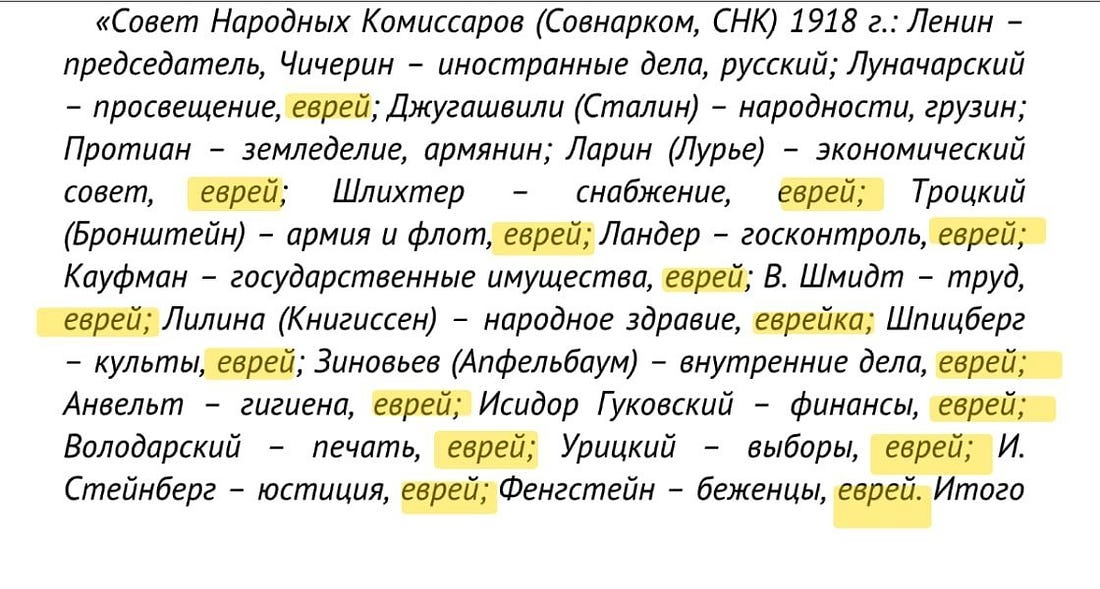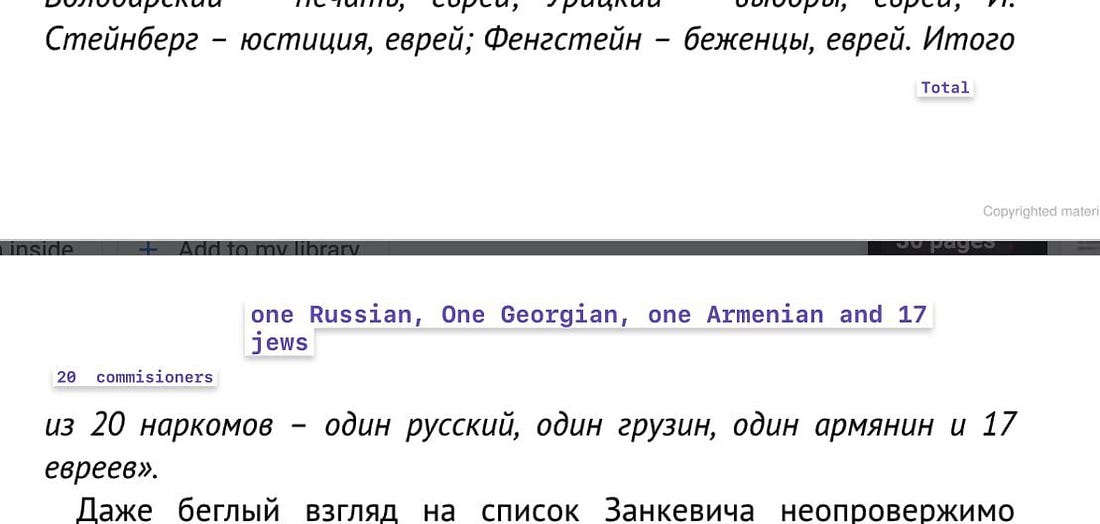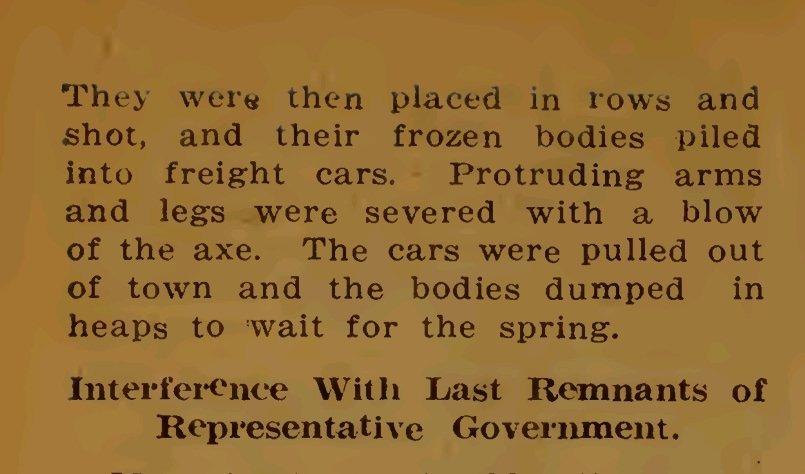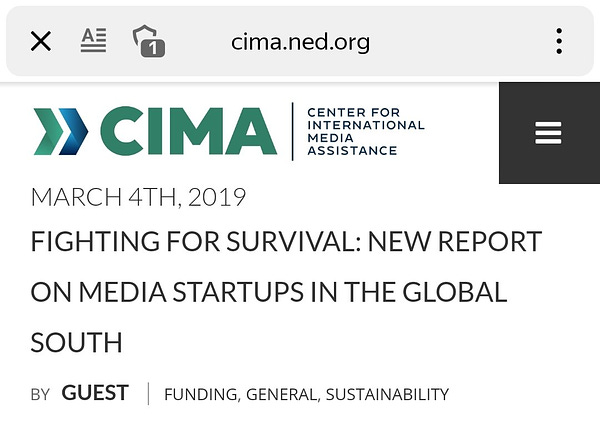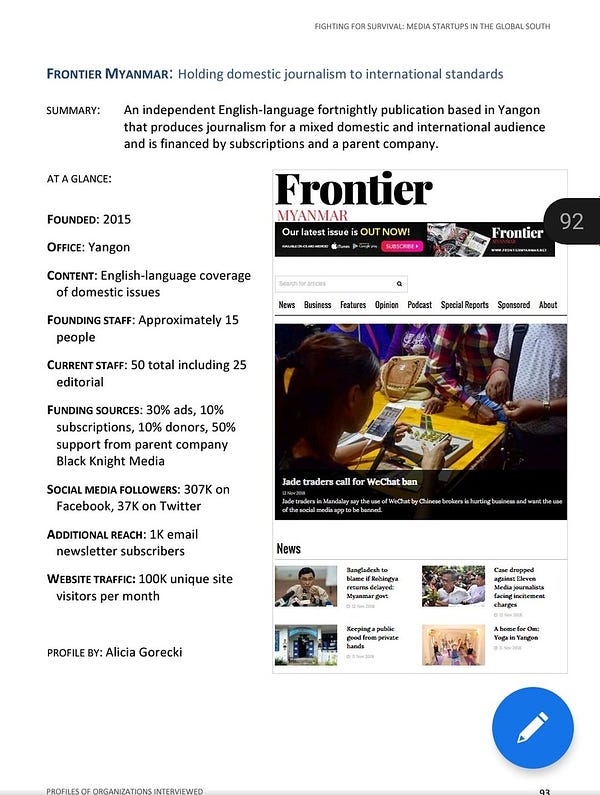Authoritarian must mean more than “New York Times said so.” Today, we examine how the US press uses Authoritarianism.
The cold war has done many terrible things, but for Americans, a side-effect has to be robbing them of the skill necessary to analyze the world. By extension, benefitting the neocons, and imperialists who seek to extract resources and spread war, hunger, and misery throughout the world. However, for those living under the axe of the empire, it means they will repeatedly undergo hell.
One of the worst embodiments of this tendency is how the word “authoritarian” triggers unhinged reactions from even leftist “intellectuals.” The host of “The Young Turks”, Cenk Uygur, commented about Cuba being “authoritarian.”
If Cenk Uygur, like millions of other Americans, who threw around the word “authoritarian” examined the facts in even the most cursory way, he would realize that all these “authoritarian” countries seem to vastly improve the lives of their respective population.
Similarly earlier this week, I debunked a video from a new breed of “leftist on the internet” – “anarcho-neocons.” As defined in the Urban dictionary, it is “an ultra-leftist, largely in the United States and Europe, who uses supposed ‘socialist’ arguments to support what are objectively right-wing, pro-imperialist positions.” These people seem to scream “authoritarian” without actually having any analysis of the political situation in any of the countries. If the label of “authoritarian” is enough to get even the most self-proclaimed leftists to support ghastly actions by their own government, the world is in big trouble.
Assuming that “democracy” means “a state designed to take the will of the majority as an input and translate it into policy.” For ‘authoritarianism’ to be a meaningful in describing any societies, it must necessarily denote “exercising power contrary to the will of the majority of the people.”
If anything, the past 100 years of history shows that it is very difficult for governments to survive when they are actively against the best interests of the majority of the population. The US Government was successfully able to develop a method to subvert the will of the majority through the use of force. It is known as the “The Jakarta Method” which is the title of Vincent Bevin’s excellent book on this matter. We also go into detail about this method in our episode featuring Stuart Schrader, “Badges without Borders.”
As Stuart Schrader explains, “first Washington deemed Sukarno an independence leader sufficiently free from communist influence, but then the PKI started to win elections. By the early 1960s it was the largest communist party outside what became known as the Sino-Soviet Bloc; operating openly, it counted around 3.5 million members, along with another 20 million more in affiliated organizations.”
In order to overthrow the extremely popular Sukarno, whose policies materially improved the lives of millions of peasants tethering on the edge of survival in Indonesia’s countryside, the US government had to spend millions of dollars to train a core of officers in order to overthrow the government. The CIA had to spend at least $325 million for gathering intelligence and training police officers. They provided Suharto’s army with a list of 5000 names to be killed. Afterwards, embassy staff checked off the names of each one after Suharto’s army killed them. However, this caused the Indonesian people to fight back. Therefore, the US sent further assistance in weapons, more “covert-officers” and further training. Essentially, they devised methods for Suharto’s army to kill entire villages with mostly illiterate peasants.
In order to appreciate the difficulty in subverting popular will, the most powerful country in the world had to spend $500 million to fund an army that would mercilessly gun down the population. Their “opponents” were entirely illiterate, malnourished peasants who made less than $1 a day. To stop further backlash from mostly illiterate peasants, the US government had to continue funding Suharto’s government for the next 30 years with at least $125 million of military training and equipment each year.
One must realize that in order to be “authoritarian” ie: use force contrary to the will of the majority of people, one needs:
- High-technology weapons
- an army of mercenaries to deploy these weapons.
To accomplish both of these tasks, one needs to have money.
If we look at the historical development of all the governments the US classifies as “socialist” or “communist” (regardless of the actual economic system in place), they all share one thing in common. These countries used to have a different government in power. They were overthrown by a mass movement and then replaced by the new government. Most of the revolutionary leaders that the US has deemed “authoritarian” had none of these.
- Vladimir Lenin was exiled from Russia after his sentence in Siberia. He lived in tiny apartments in Geneva, London, and Munich. Because he was trying to help the poorest workers and peasants in the world, capital spent millions of dollars trying to subvert him. Lenin did not have anything besides his newspaper, clandestinely printed and smuggled into the country.
- Mao Zedong was a school teacher and a librarian.
- Kim Il Sung spent thirty years in the mountains in exile. His mother gave him a gun on his 19th Birthday and said, “please go free Korea.” During these thirty years, he spent time moving from mountain to mountain, living in the shanty houses.
- Fidel Castro spent his time in the forests of Sierra Maestra in Oriente,
- Enver Hoxha slept on the floor of a tobacco factory in rural Albania.
What resources did any of these people have to be “authoritarian?”
If one spent 30 years in exile, and somehow managed to organize and coordinate the efforts of millions and sometimes billions of people, the one thing these people were very good at was persuading people and forming alliances between groups of people who would not naturally be allies.
They did materially improve the lives of the people who followed them drastically. Albania ended illiteracy within a few short years. Cuba went from a backwaters to one of the leading researchers in medicine. One does not need to expound too much on China.
Debunking the myth of authoritarianism, is shockingly easy. Just read what these “dissidents” In “The Gulag Archipelago” the author, an anti-semitic fascist sympathizer – Aleksandr Solzhenitsyn, explains what the typical procedure for being arrested in the Soviet Union was:
Apparently, arrestees in the Soviet Union got to pack clothes, underwear, something to eat, and soap while the security agents kept on asking them to hurry up.
This is not what the police do in the United States. The millions of videos on the internet of police brutality should make it obvious. We know they are definitely not allowed to pack clothes, underwear, piece of soap and something to eat.
If one is to wonder why then, do the US newspapers continue to insist that these governments are authoritarian? Mostly because most US newspapers are organs of class power. Any kind of restraint or control upon the bourgeoise is framed as “authoritarian.”
The New York Times gave a glowing review of the Tsar’s educational system, even though the schools were primarily for the rich and powerful.
Meanwhile, Soviet Schools for all were branded as satanic.
The Soviet Schools, which banned child labor and instituted universal schools was described as Satanic.
Sometimes, the New York Times (and other newspapers) outright invented lies about the Bolsheviks such as forcing women to join the “Bureau of Free Love.”
It probably also did not help that the first Bolshevik Cabinet, according to Aleksandr Solzhenitsyn[,] had “One Russian, One Georgian, One Armenian and 17 Jews.” Because of the ever-persistent anti-semitism present at that time, it would be easy to insinuate that a cabinet of 17 jews would be secretly sinister and have a secret conspiracy to take over the world.
The worst sin of all of the American press when covering “authoritarian” regimes is omitting the sins committed by the enemies of the “Authoritarian regimes.” For example, the New York Times repeatedly mourned the Soviets executing Admiral Kolchak, but we can’t find any article talking about Admiral Kolchak’s wanton cruelty from amputating the arms and legs of the peasants, to having over forty concentration camps where thousands, if not millions were murdered.
The newspapers have not changed. For example, you have probably heard of the 1956 “Hungarian Rebellion” but most of these newspapers failed to mention that these “rebels” were anti-semites who were protesting “having too many Jews in high places.” Even in the most recent iterations, we’ve seen how people who bombed the Supreme Court of Venezuela fear Maduro’s crackdown.
We continue to hear about how “journalism is not a crime” while completely failing to mention that “colluding with a foreign power to overthrow the government is a crime” as we see in the case of Myanmar.
Department of State @StateDept
During today’s briefing, @StateDeptSpox expressed deep concern at the continued detention of U.S. journalist Danny Fenster in Burma: “Journalism is not a crime.” https://t.co/l66O2M5hm1
If people are supposed to be immune to brainwashing, the least we can ask from allegedly “progressive” journalists like Cenk Uygur (besides knowing who the President of Cuba is) is to have a proper, rigorous lens to analyze the world and refrain from foaming at the mouth with fear and rage every time the New York Times uses the word ‘authoritarian.’


